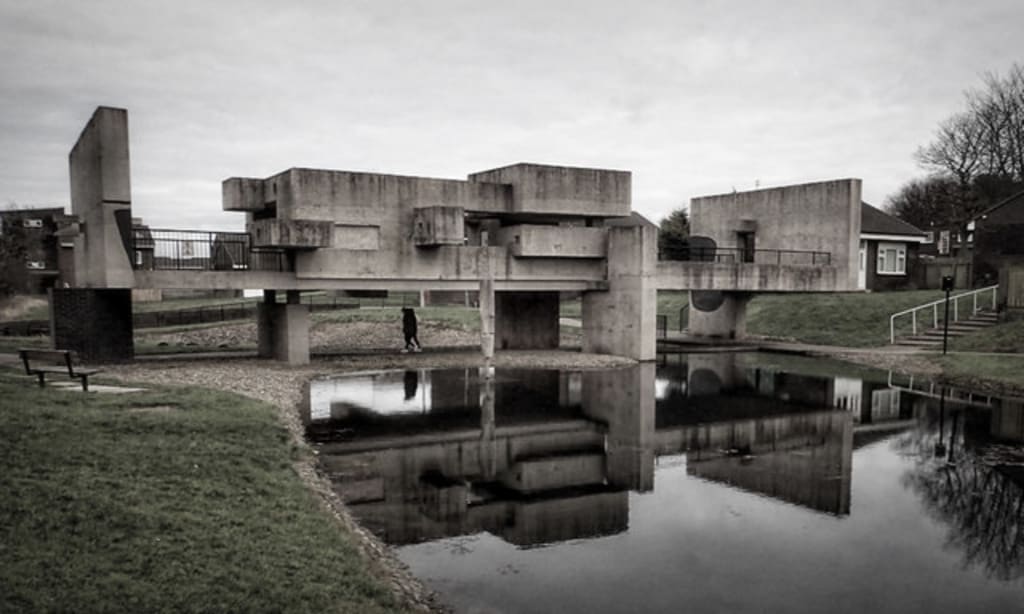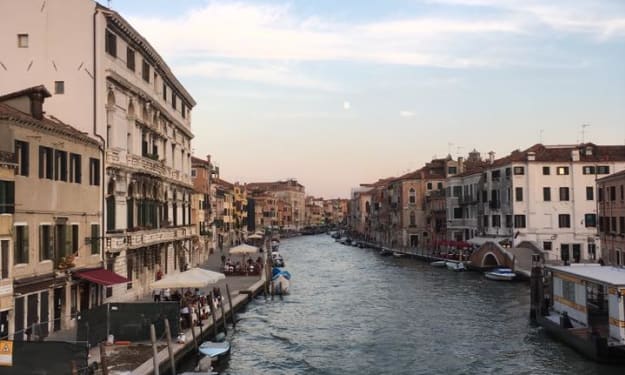Peterlee—the Lesser Known of the Post-War 'New Towns'
The town provided homes to hundreds of coal miners and their families.

If you ever find yourself in the North East of England, almost every town and village you’ll pass will most likely have some connection to the rich coal mining history. Some of these places still have ‘colliery’ in their title and the days of the pits are still fresh in the minds of many in these parts. In the centre of all of these mining villages lies a town which didn’t have its own coal mine. This town is Peterlee.
The emphasis on the coal mining background of East Durham was always on for Peterlee. Named after the miner and trade unionist Peter Lee, the town was a hub within the many villages in the surrounding area. Born in 1864, Lee worked in many of the coal mines around the area in which the town bearing his name would one day reside. After retiring as a miner, Lee had roles in the Durham Miners Association and the Miners Federation between 1930 and 1935 before his death in 1935.
The end of the Second World War brought about plenty of change in Britain. Heavy German bombing had destroyed vast numbers of houses and the men returning from war needed new places to live as they headed back to work. To tackle this, three ‘new towns’ were built. Milton Keynes and Reading cropped up in the south of the country to help the housing crisis in London, but it was Peterlee in the North East of England which would swell in population throughout the years.
Situated on what was formerly the East Durham Coalfield, Peterlee was built to accommodate miners from the many surrounding pit villages. These included Blackhall, Horden, Easington, and Shotton within a radius of just a few miles. After six years at war, Britain was rebuilding. Homes for people involved in its most important fuel industry were important, especially in County Durham. In 1948, Peterlee opened for the surrounding area and became a bustling home for thousands of workers and their families.
Peterlee, like most of the surrounding area, struggled once the coal mines began to close. Shops and other local businesses made most of their income from miners' wages, the middle decades of the 20th century before the miners' strike of 1984-85 were prosperous. Communities were there for each other in the good times and when the mines started to close, the people were there for each other in the bad times. Community spirit is still present in 2018, it just takes different forms. In the mid-eighties in the north of England, it was people looking out for those who were struggling. Peterlee was no exception.
The town may not have many remnants of the mining industry, but one exception is in perhaps its most popular pub. ‘The Five Quarters’ located near the town centre takes its name directly from the industry. The nearby Horden Colliery consisted of three seams which miners worked on which went by the names, ‘High Main, ‘Yard,’ and ‘the Five Quarter.’ The latter of these of course was chosen as the name for the pub. Peter Lee himself takes pride of place on the walls and a detailed explanation of why the pub is named what it is. It’s always important to not forget your history, and Peterlee is no exception.
Peterlee is ideally situated, with three major cities within an hour’s drive. With the right investment, it could once again be a bustling hub, a home to commuters. However, instead of coal miners, it could be for various other professions. What can be said is that the development of Peterlee in the early 1950s and the role it played in the coal mining industry in the 20th century makes it very different to the other ‘New towns’ built in the same post-WW2 period.






Comments
There are no comments for this story
Be the first to respond and start the conversation.